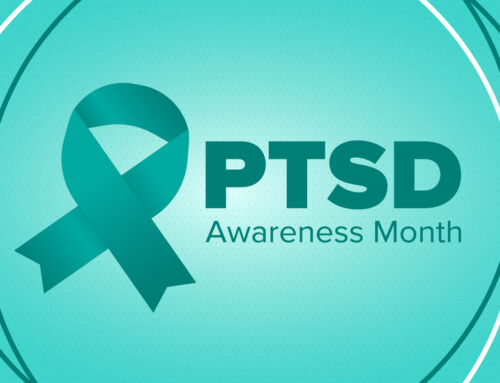 As someone struggling with alcohol use, you may be asking, “How does alcohol work?” You might wonder why you’ve become dependent when others around you have not. Alcoholism affects many people, and it may be an influence in your life as a result of many factors. Addiction is a disease, so it’s helpful to understand how alcohol continues to influence you. Understanding its effect on your body helps you see how drinking can quickly become beyond your control.
As someone struggling with alcohol use, you may be asking, “How does alcohol work?” You might wonder why you’ve become dependent when others around you have not. Alcoholism affects many people, and it may be an influence in your life as a result of many factors. Addiction is a disease, so it’s helpful to understand how alcohol continues to influence you. Understanding its effect on your body helps you see how drinking can quickly become beyond your control.
What Happens When Alcohol Enters the Body?
When you drink alcohol, around 20% of what you ingest is absorbed in the stomach. The intestines absorb the other 80%. How fast drinking begins to affect you depends on many factors, including:
- Your biological sex
- The amount of alcohol in the beverage (proof or alcohol by volume-ABV)
- The type of drink you have (carbonated absorbs faster)
- Whether you’ve eaten or not (food slows down alcohol absorption)
Once the body digests the alcohol, it moves into the bloodstream. There, any water in the blood works to dissolve it. That’s why dehydrated people may see the symptoms of impairment sooner than those who are adequately hydrated.
The alcohol moves to the tissues through the bloodstream, where it can start affecting the body. You’ll see your blood alcohol concentration rise about 20 minutes after your first drink.
You burn off around 15 ml of alcohol each hour. Generally speaking, a person’s system will process and eliminate a single “standard” drink of alcohol within an hour, but each body is different. Examples of a standard drink include:
- 12 ounces of beer
- 5 ounces of wine
- 1.5 ounces of distilled spirits
How Does Alcohol Affect the Brain?
Alcohol blocks the chemical signals between brain cells, which leads to the symptoms of intoxication including:
- Slurred speech
- Poor memory
- Slowed reflexes
- Behavior changes (such as making reckless decisions)
The brain can adapt to heavy drinking over time, which can lead to withdrawal symptoms. Both sudden withdrawal and binge-drinking can cause damage to the brain to worsen through neurotoxicity. This type of toxicity happens when the neurons overreact to neurotransmitters for so long that they “burn out” and cannot function correctly.
How Does Alcohol Affect the Body?
Physically, you may see several changes in your body as a result of drinking alcohol. Some effects that you may see include:
- Slurred speech
- Lung infections
- Fatigue
- Damage to the heart
- Liver damage
- Alcohol dependency, where the body needs alcohol to function normally
- Hallucinations
- Infertility
- Stomach distress
- Thinning bones
- Changes in coordination
Alcohol can have an impact on almost any part of the body. While many people know the liver is affected by alcohol consumption, they don’t always mention the additional symptoms and effects listed above.
For example, too much alcohol can cause digestive enzymes in the body to be activated abnormally. If they build up, they can lead to the inflammation of the pancreas and pancreatitis. Similarly, the liver may become inflamed and develop liver disease as a result of long-term alcohol consumption.
How Does Alcohol Affect Behavior?
Since alcohol affects the brain and body, it’s clear that it also affects behavior. Alcohol, in small amounts, causes euphoric feelings. Some people feel relaxed or tired. It can have significant and adverse side effects if you drink excessive amounts, though.
Some of the negative behaviors caused by alcohol consumption include:
- Impulsive actions
- Aggressive responses
- Attention-deficit
- Overeating
- Lying
Since alcohol lowers your inhibitions, it may impact your ability to make intelligent, positive decisions. Behaviors may become more aggressive since you no longer have the same control over your emotions as you would if you were sober.
Contact Us at Greenbranch Recovery
At Greenbranch Recovery, we know you may be struggling with substance abuse today and want to find answers. We’re happy to discuss our treatment plans with you and to answer any questions you might have, such as what type of treatment is best for you or how long it takes to complete a treatment program. We know that you may be unfamiliar with recovery therapy, so please reach out to us to speak with our substance abuse counselors and learn more about our programs. Call today at 833-272-6246 or fill out our contact form today.




